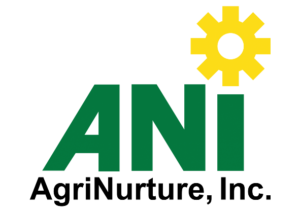More short-term investments left the country’s financial markets in the first seven months of the year despite a small uptick in July as fund managers remained skittish on the back of lingering fears of a global trade war.
Data from the Bangko Sentral ng Pilipinas showed that the Philippine economy had so far seen a net outflow of $671.5 million since the start of 2019 to the first week of August, resulting from $10.6 billion in inflows and $11.3 billion in outflows.
This net outflow figure marked a sharp reversal from the $458.55 million in net inflow recorded during the same period last year.
For the month of July alone, BSP-registered inflows amounted to $1.7 billion, reflecting a 19-percent increase from the $1.4 billion recorded in June, the central bank said.
A total of 76.5 percent of the investments registered during the month were in Philippine Stock Exchange-listed securities, pertaining mainly to banks, holding firms, property companies, retail firms, and food, beverage and tobacco companies. The 23.5-percent balance went to investments in peso-denominated government securities.
The United Kingdom, Hong Kong, the United States, Norway and Malaysia were the top five investor countries for the month with a combined share total at 75.6 percent.
Outflows for the month of $1.7 billion were higher compared to levels recorded for June 2019 ($1.4 billion, or up by 15.1 percent). The United States received 77.8 percent of total outflows.
Overall transactions for the month yielded a net inflow of $15 million, a reversal compared to the net outflow noted in June 2019 of $35 million amid better-than-expected inflation data for that month, coupled with easing domestic inflation for the second quarter of 2019 and a stronger peso forecast.
Year-on-year, a 75.2-percent increase may also be noted from the $959 million level recorded during the same month last year. Similarly, gross outflows were higher compared to July 2018 ($906 million or by 83.8 percent).
In contrast, the net inflow for the month was lower compared to the $53 million in net inflow noted for July 2018.
Registration of inward foreign investments with the central bank is optional under the liberalized rules on foreign exchange transactions.
The issuance of BSP registration documents entitles the investor or his representative to buy foreign exchange from authorized agent banks or their subsidiary or affiliate foreign exchange corporations for repatriation of capital and remittance of earnings that accrue on the registered investment.
Without such registration, the foreign investor can still repatriate capital and remit earnings on his investment but the foreign exchange will have to be sourced outside the banking system.


